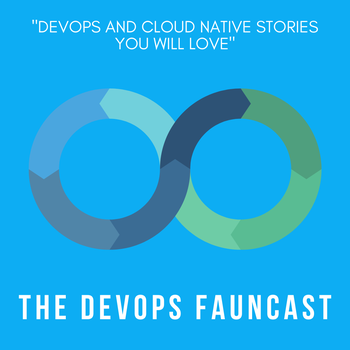AWS announces forks of Elasticsearch and Kibana
TL;DR
AWS will step up to create and maintain a ALv2-licensed fork of open source Elasticsearch and Kibana

Key Facts
Making a targeted change to how we license our source code.
Some of our users might be alienated.
This change won’t affect the vast majority of users.
It will restrict cloud service providers from offering our software as a service.
Details
On the 14th of January 2021, the CEO of Elastic, makers of Elasticsearch, an open-source search and analytic engine and its accompanying data visualization dashboard Kibana, Shay Banon, announced via an official blog-post that they were enforcing more restrictive licensing on the programs; moving them from their open-source codes from Apache 2.0 license programs to an SSPL (Server Side Public License) and Elastic License.
The company claimed they took this move to prevent companies such as AWS (Amazon web services') from using their products and search engines and providing them as services to consumers without doing business with them first and that this affected product growth as this prevented them from receiving funds that would have gone into improving the product.
The company, in their official announcement, said, “With the shift to SaaS as a delivery model, some cloud service providers have taken advantage of open source products by providing them as a service, without contributing back. This diverts funds that would have been reinvested into the product and hurt users and the community.
After the initial announcement, many suspected that this move had something to do with AWS, seeing as the two companies have had a strained relationship since 2015 alongside a lawsuit in 2019. In a follow-up post, the company confirmed these suspicions saying, “So why the change? AWS and Amazon Elasticsearch Service. They have been doing things that we think are just NOT OK since 2015, and it has only gotten worse. If we don't stand up to them now, as a successful company and leader in the market, who will?"
Exactly a week after this announcement, Amazon Web Services’ also made an announcement. In this announcement, the company announced that in light of the new restrictive license placed on ElasticSearch and Kibana, the company would show its commitment to open-source programs by launching new forks of the programs using the previous licensing, Apache 2.0. , a move that is within their legal rights.
The announcement made on the AWS blog states, “In order to ensure open source versions of both packages remain available and well supported, including in our own offerings, we are announcing today that AWS will step up to create and maintain an ALv2-licensed fork of open source Elasticsearch and Kibana.”
In the announcement, the company said they were fully committed to maintaining the new open-source projects themselves and were well equipped to do so. They also used the statement to dispute the claims that they move by Elastic was forced by AWS and maintained that they were working with the company the entire them and denied any claims that they were making any fork of the project before the announcement by Elastic.
“All changes to Elasticsearch were sent as upstream pull requests, and we then included the “oss” builds offered by Elastic in our distribution. This ensured that we were collaborating with the upstream developers and maintainers, and not creating a “fork” of the software.”
While some members of the open-source community agree with the move made by Elastic to protect and monetize their advanced software, there are many who disagree and also say that Elastic played into the hands of AWS and provided them an opportunity to fully work on forking the software.
Following the announcement by AWS, the CEO of Elastic took to Twitter, saying he expected AWS to fork the software and said it was what made the decision a tough one to take.
Regardless of the shots thrown by both companies, it is left to be seen which of these companies would pull in the most ElasticSearch users.
Get similar news in your inbox weekly, for free
Share this news:
Latest stories
How ManageEngine Applications Manager Can Help Overcome Challenges In Kubernetes Monitoring
We tested ManageEngine Applications Manager to monitor different Kubernetes clusters. This post shares our review …
AIOps with Site24x7: Maximizing Efficiency at an Affordable Cost
In this post we'll dive deep into integrating AIOps in your business suing Site24x7 to …
A Review of Zoho ManageEngine
Zoho Corp., formerly known as AdventNet Inc., has established itself as a major player in …
Should I learn Java in 2023? A Practical Guide
Java is one of the most widely used programming languages in the world. It has …
The fastest way to ramp up on DevOps
You probably have been thinking of moving to DevOps or learning DevOps as a beginner. …
Why You Need a Blockchain Node Provider
In this article, we briefly cover the concept of blockchain nodes provider and explain why …
Top 5 Virtual desktop Provides in 2022
Here are the top 5 virtual desktop providers who offer a range of benefits such …














